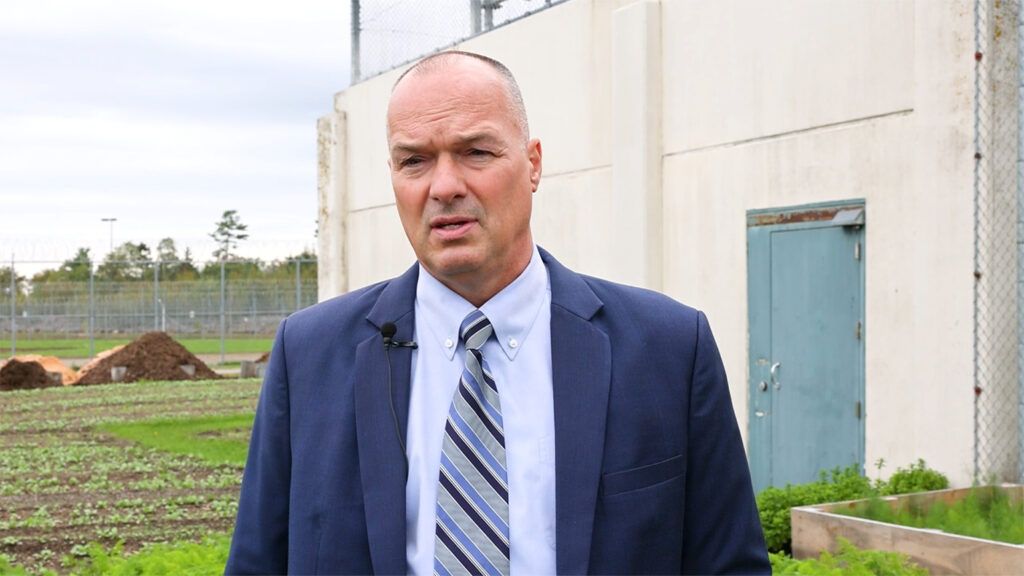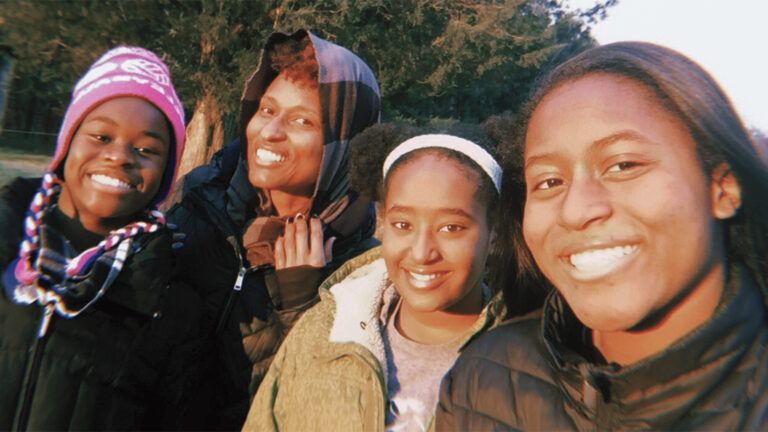Hi Guideposts, I’m Randall Liberty. I’m the Commissioner of the Maine Department of Corrections and a Retired Army Command Sergeant Major.
I think that recognizing post-traumatic stress in a family member or friend… often it’s things like anger management issues, quick to anger, maybe quick to emotion if a particular issue has arisen, maybe withdrawing a bit, maybe self-medicating with alcohol or other drugs. Those are usually pretty good indicators of post-traumatic stress.
In my case, it was related to combat. If I’d see a scene in a movie or something like that would trigger me. Sometimes my triggers were driving under an overpass, vehicles coming too close to me maybe, dead animal on the side of the road would indicate maybe an IED, something like that. So for me, it was difficult to be too excited or sort of lose that ups and downs of emotion, just kind of somewhere in the middle and not much affect.
So those are the things that impacted me. And I think that anyone that has endured a traumatic event, these are just natural responses to being involved in any sort of traumatic event, whether it be war time, combat trauma, maybe a motor vehicle accident, maybe sexual assault, maybe domestic violence trauma. any of those would produce those like symptoms. And so it’s important for individuals that have endured trauma to realize that they deserve help, their families deserve the help and for veterans in particular, go to the VA. Get help.
I served in Fallujah, I was a combat infantryman. I was a sheriff, I was a warden of the Maine state prison. I’m the commissioner. If I can, in those traditional sort of roles, admit that I needed help, I think you can too. Your family deserve it, you deserve it, go get some help.
I think it’s important to get somebody to speak with them that has endured a similar sort of traumatic event. In my case, a Vietnam veteran telling me, “Don’t endure the things that I endured for 40 years. Go get help now. This is reversible.” And when I went to the VA, it made all the difference from me. And I went into therapy, received some help and it significantly reduced my triggers and it assisted my recovery. And so it made all the difference for me.
I think that when we send young men and women off to war, that as a nation we have a duty to help them transition back. Each of us can help veterans returning by finding them meaningful employment, helping them with housing, being someone that they can talk to and share with. And I think that we have a duty as Americans to do that. And so any of you listening from Guideposts, any of you readers, take the initiative, take the time to help a veteran transition back and recognize that it isn’t just initially, upon their return, but war and war trauma has a long tail and it could be years that they need help. And so thank you for their assistance.




